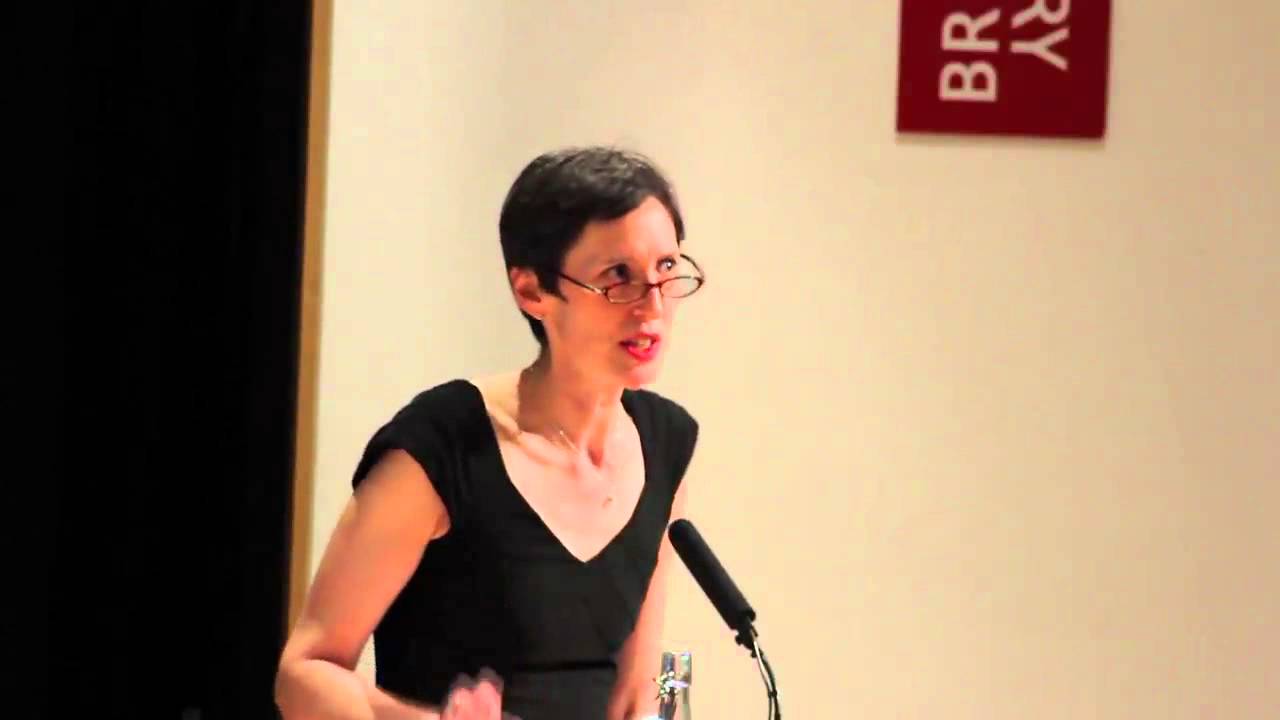You are viewing your 1 free article this month. Login to read more articles.
Official secrets proposals are threat to publishers
Jo Glanville, the director of English PEN, argues that the Law Commission’s proposals for reforming official secrets legislation would limit editors’ freedom to publish in the public interest.

In Luke Harding’s gripping account of the whistleblower Edward Snowden’s revelations, The Snowden Files (Guardian/Faber), there is a chilling moment of high farce, when two men from GCHQ arrive at the offices of the Guardian and supervise the destruction of the computer data. Chilling, because of the state entering newspaper premises and destroying journalistic material and equipment, and farcical because the data would still be available outside the UK. As the Guardian’s deputy editor Paul Johnson described it, the scene was "half-pantomime, half Stasi".
We need enlightened legislation, not laws that classify new categories of information and increase the penalties for publication in the public interest.
More than three and a half years on, the Law Commission has published a consultation on reforming official secrets legislation, more than 300 pages long. Amongst its proposals is the recommendation to increase the maximum sentence, currently two years, on the grounds that, in the digital age, the volume of information that can be disclosed without authorisation is much greater than when the Official Secrets Act 1989 was passed: "It could be argued that this means that the ability to cause damage to the national interest and the risk of such damage occurring has also increased". The consultation also recommends, as has been widely reported, that sensitive economic information be considered for official secrets legislation. It advises against a public interest defence.
Snowden, remarkably, does not even get a mention, as though his name were too heinous to print, though there are a number of references to the Investigatory Powers Act, passed last year, which has enabled the intelligence services to continue the bulk collection of our data that the whistleblower exposed in 2013. Snowden’s motivation was his fear of losing his right to a private life: "I don’t want to live in a world where everything that I say, everything I do, everyone I talk to, every expression of creativity or love or friendship is recorded." We are now in an unprecedented era where the intelligence services of a democratic state have more access to our private communications than at any time in history, while legal reform is now under consideration that proposes to put more information off limits and threaten journalists, publishers and whistleblowers with lengthy jail sentences. Not only would these measures risk silencing whistleblowers, they would limit editors’ freedom to publish in the public interest, and that includes book publishers.
While Theresa May’s government has somewhat disingenuously disowned the consultation, putting all the blame on Cameron, it’s clear that there is need for reform. Official secrets legislation goes back to 1911, when it was an offence to possess "any die, seal, or stamp" belonging to the government. The consultation rightly describes the Edwardian law as archaic and recommends its repeal. But surely it is equally archaic for reformed legislation not to include a public interest defence? The consultation cites a European Court of Human Rights judgment in 2013, six months before the Snowden revelations, that supported the public interest in disclosure, in a case where a government employee in Romania had revealed that the communications of a large number of journalists, politicians and business people were being intercepted. The employee had initially attempted to alert colleagues without success. The consultation recommends that the routes for civil servants and intelligence agents to complain internally be strengthened instead of taking the court’s significant ruling as a point of new departure.
Snowden revealed that the US and UK were spying on their own citizens, fundamentally undermining our right to a private life and with it our right to freedom of expression - a matter of clear public interest. When it looked as if the Guardian might face prosecution or even closure and that the police might seize the material, Alan Rusbridger, then editor, took steps to co-publish in the US in order to benefit from the protection of the First Amendment. The Spycatcher route of publishing in another jurisdiction is more possible than ever in the digital age, while the sheer scale of the data that is stored means that the possibility for leaking (or hacking) has multiplied. We need enlightened legislation, not laws that classify new categories of information and increase the penalties for publication in the public interest.
Jo Glanville is director of English PEN.


















